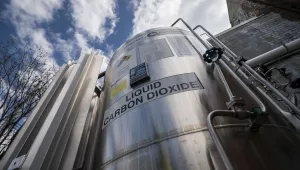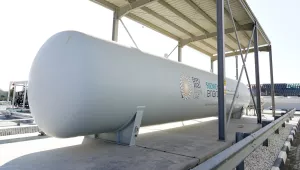Abstract
The global transition to a low-carbon economy will significantly impact existing energy value chains and transform the production to consumption lifecycle, dramatically altering interactions among stakeholders. Thanks to its versatility, green hydrogen could play a significant role in reaching a carbon-free future by 2050. Its adoption will be critical for decarbonizing industrial processes at scale, especially hard-to-abate ones such as steel and cement production. This paper maps the role countries could play in future green hydrogen industrial markets based on three criteria: resource endowment, existing industrial production, and economic relatedness. Our analysis shows how the potential for green hydrogen production and leadership in industrial applications is distributed unequally around the globe. Countries like the United States and China could emerge as frontrunners in future green hydrogen markets and lead in industrial applications, such as ammonia, methanol, and steel production. Other resource-rich countries could upgrade along value chains and compete with import-dependent industrial powers for jobs and market shares. A transition in existing value chains will also give rise to new market and geopolitical dynamics and dependencies. This paper contributes empirical evidence to the debate on the geopolitics of hydrogen and guides in defining strategic industrial policies.
Eicke, Laima and Nicola De Blasio. “Green Hydrogen Value Chains in the Industrial Sector—Geopolitical and Market Implications.” Energy Research & Social Science, October 2022
The full text of this publication is available via Energy Research & Social Science.







